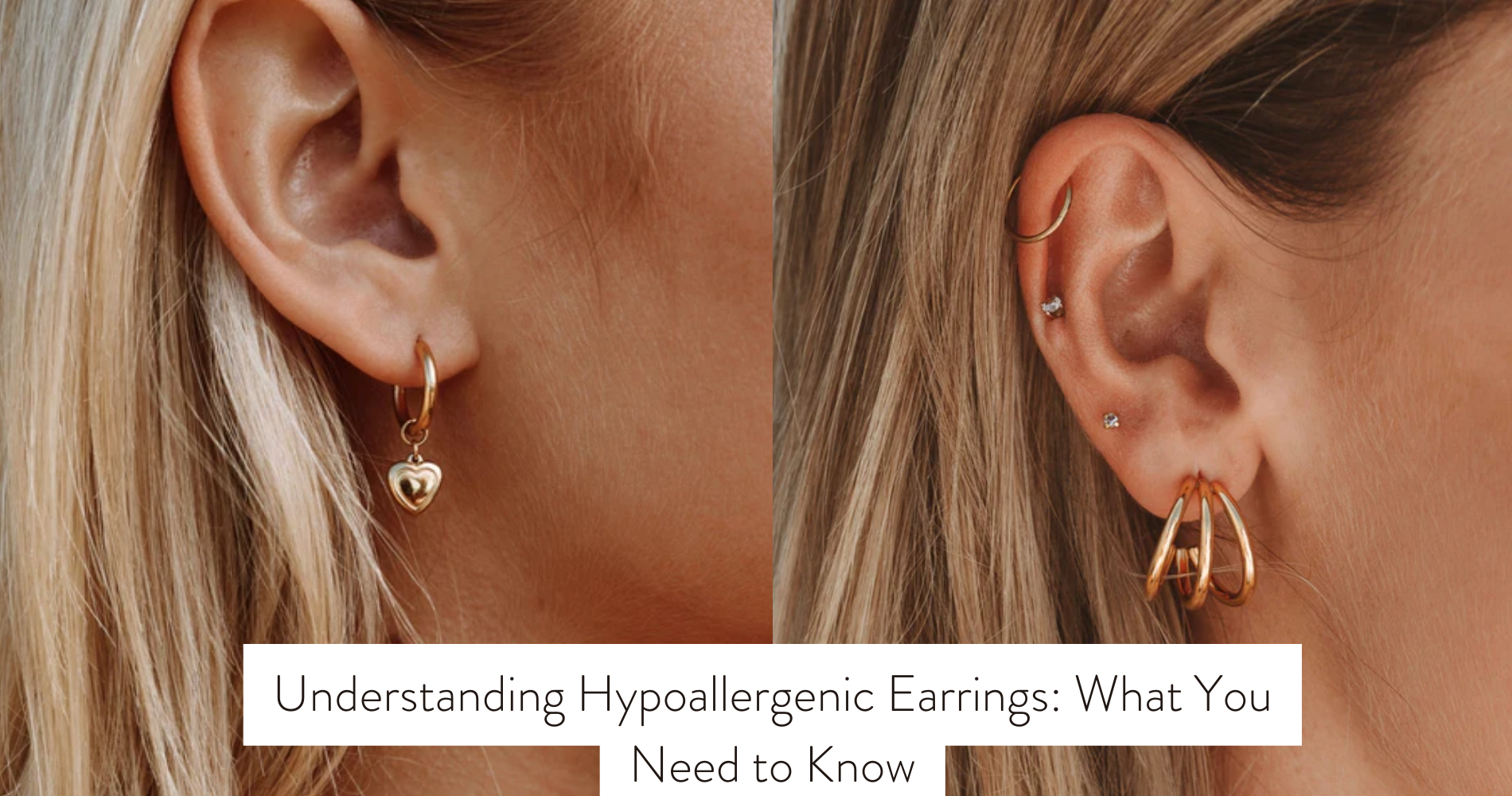
Understanding Hypoallergenic Earrings: What You Need to Know
Have you ever wondered why some earrings make your ears itch and turn red? Understanding hypoallergenic earrings can be a game-changer for your ear comfort.
By exploring common earring allergens, the benefits of hypoallergenic options, various materials to look out for, and tips on caring for these earrings, you can make informed choices that cater to your sensitive skin.
Get ready to bid farewell to irritation and hello to stylish, irritation-free ear adornments.
Common Earring Allergens
When selecting earrings, be aware that common allergens often lurk in the metal used for the posts and backings. Nickel is a frequent culprit, causing irritation and allergic reactions for many. It's essential to opt for hypoallergenic materials like surgical stainless steel, titanium, or niobium to avoid these issues. These metals are less likely to trigger allergic responses, making them ideal choices for sensitive ears.
In addition to nickel, some people also react to metals like brass or copper commonly found in non-hypoallergenic earrings. These metals can lead to discomfort, redness, itching, or even infections in the pierced area. By choosing hypoallergenic options, you can minimize the risk of these unpleasant reactions.
Benefits of Hypoallergenic Earrings
Moreover, hypoallergenic earrings are versatile and come in a wide range of designs, ensuring that you can find the perfect pair to complement any outfit or occasion. They provide a stylish way to accessorize without compromising on comfort. Additionally, these earrings are durable and long-lasting, promising you a worthwhile investment in your jewelry collection. With hypoallergenic earrings, you can enjoy wearing beautiful pieces without worrying about adverse reactions, allowing you to express your personal style with confidence.
Types of Hypoallergenic Materials
Explore a variety of hypoallergenic materials commonly used in earrings to discover options suitable for sensitive skin. Titanium is a popular choice due to its non-reactive properties, making it ideal for those with allergies. This metal is lightweight, durable, and available in various colors and styles.
Surgical stainless steel is another excellent hypoallergenic option, known for its resistance to corrosion and tarnishing. Niobium is a hypoallergenic material that can be anodized to create vibrant colors without causing skin irritation.
For a luxurious option, consider earrings made from platinum, a hypoallergenic metal that's also highly durable and resistant to tarnishing. Gold earrings can be hypoallergenic if made with 18-karat gold or higher, as lower karats may contain nickel, a common allergen.
Additionally, some hypoallergenic earrings feature coatings like enamel or resin to provide a barrier between the metal and your skin, further reducing the risk of irritation.
How to Identify Hypoallergenic Earrings
To determine if earrings are hypoallergenic, check for materials like titanium, surgical stainless steel, niobium, platinum, or 18-karat gold to ensure compatibility with sensitive skin. These metals are less likely to cause allergic reactions compared to nickel or other common allergens.

When shopping for earrings, look for labels that explicitly state the materials used in the earrings. Manufacturers often specify if their products are hypoallergenic, making it easier for you to identify suitable options.
Additionally, consider purchasing earrings from reputable brands known for producing hypoallergenic jewelry. If you're unsure about the materials used in a particular pair of earrings, you can always ask the seller or jeweler for more information.
Tips for Caring for Hypoallergenic Earrings
For proper maintenance of hypoallergenic earrings, regularly clean them with a soft cloth to prevent buildup of dirt and oils that may trigger skin reactions. Avoid using harsh chemicals or cleaning solutions, as these can damage the earrings' hypoallergenic properties.
When not wearing your hypoallergenic earrings, store them in a dry and clean place to prevent tarnishing. It's essential to remove hypoallergenic earrings before swimming or showering to avoid exposure to water and chemicals that can affect their materials.
Inspect your hypoallergenic earrings regularly for any signs of wear or damage. If you notice any issues such as loose clasps or bent posts, refrain from wearing them and have them repaired by a professional jeweler. Additionally, consider rotating your hypoallergenic earrings with different pairs to give each set a break and prevent prolonged skin contact.
Frequently Asked Questions
Can Hypoallergenic Earrings Be Worn by People With Severe Metal Allergies?
Yes, hypoallergenic earrings can often be worn by people with severe metal allergies. The key is to choose earrings made from materials like titanium or surgical stainless steel, as these are less likely to cause reactions.
Are Hypoallergenic Earrings More Expensive Than Regular Earrings?
Hypoallergenic earrings can be more expensive than regular ones due to the use of high-quality materials. However, the extra cost is often worth it for those with metal allergies, as it helps prevent skin reactions.
Do Hypoallergenic Earrings Come in a Variety of Styles and Designs?
Yes, hypoallergenic earrings come in a variety of styles and designs. You'll find options from studs to hoops, in different metals and gemstones. They cater to all tastes, ensuring you can enjoy fashionable jewelry without irritating your skin.
Are There Any Potential Side Effects of Wearing Hypoallergenic Earrings for Long Periods of Time?
Wearing hypoallergenic earrings for extended periods may cause minor skin irritations or discomfort. Ensure proper care and give your ears breaks if needed. Consult a dermatologist if persistent issues arise.
Can Hypoallergenic Earrings Still Cause Irritation if Not Cleaned Properly?
If not cleaned properly, even hypoallergenic earrings can cause irritation. Regular cleaning helps prevent buildup of dirt and oils, reducing the risk of skin reactions. Remember to care for your earrings to keep your ears happy.
Conclusion
Now that you understand the common allergens found in earrings, the benefits of hypoallergenic materials, and how to care for them, you can confidently choose the right earrings for your sensitive ears.
Remember to look for hypoallergenic materials like titanium or surgical stainless steel, and always clean your earrings regularly to prevent any irritation.
With hypoallergenic earrings, you can enjoy stylish accessories without the worry of discomfort.


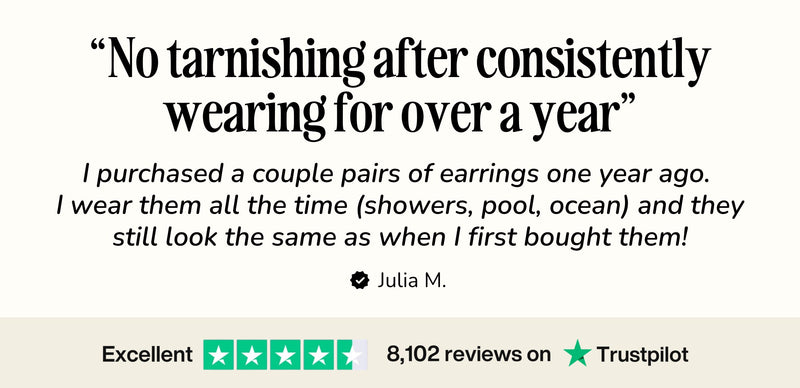

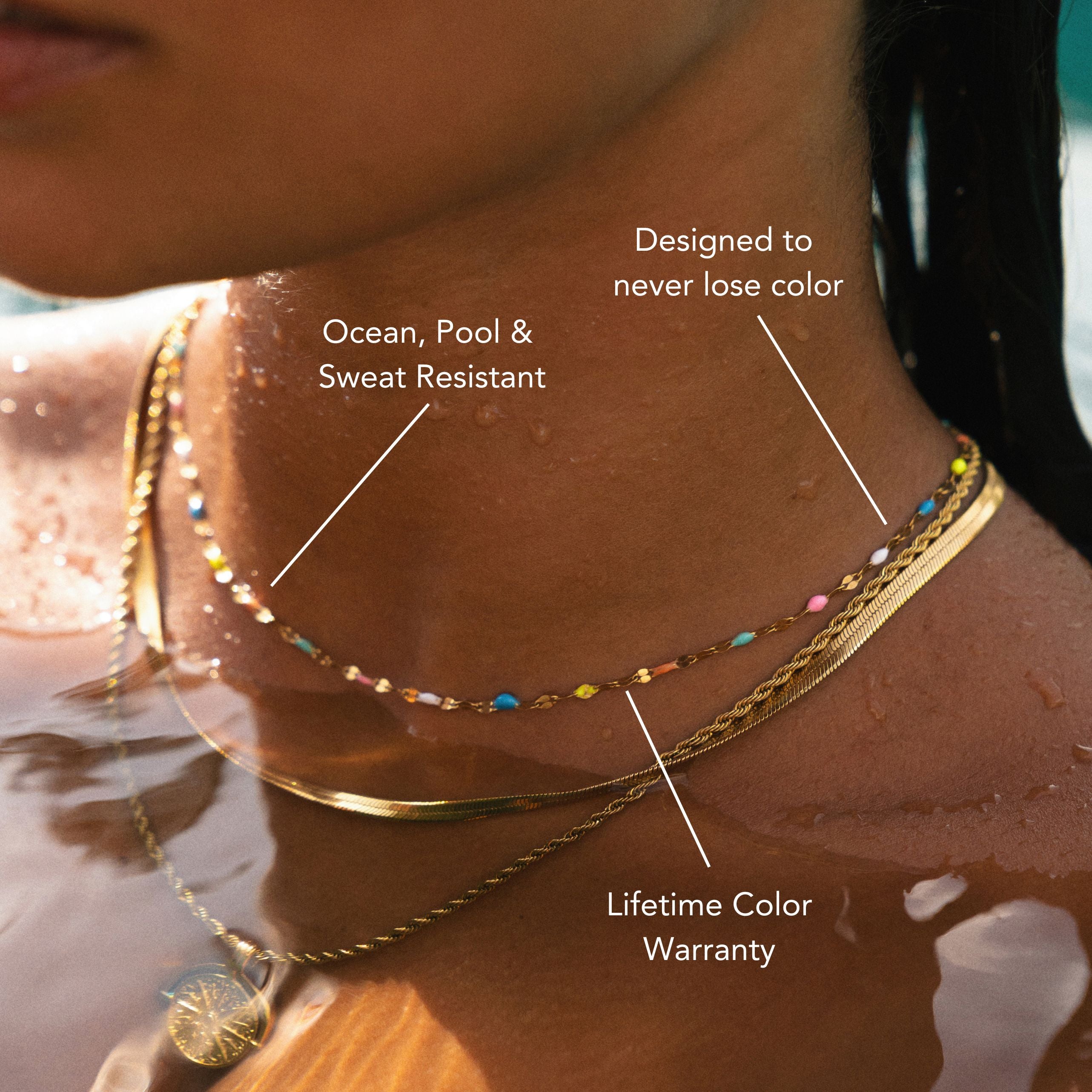


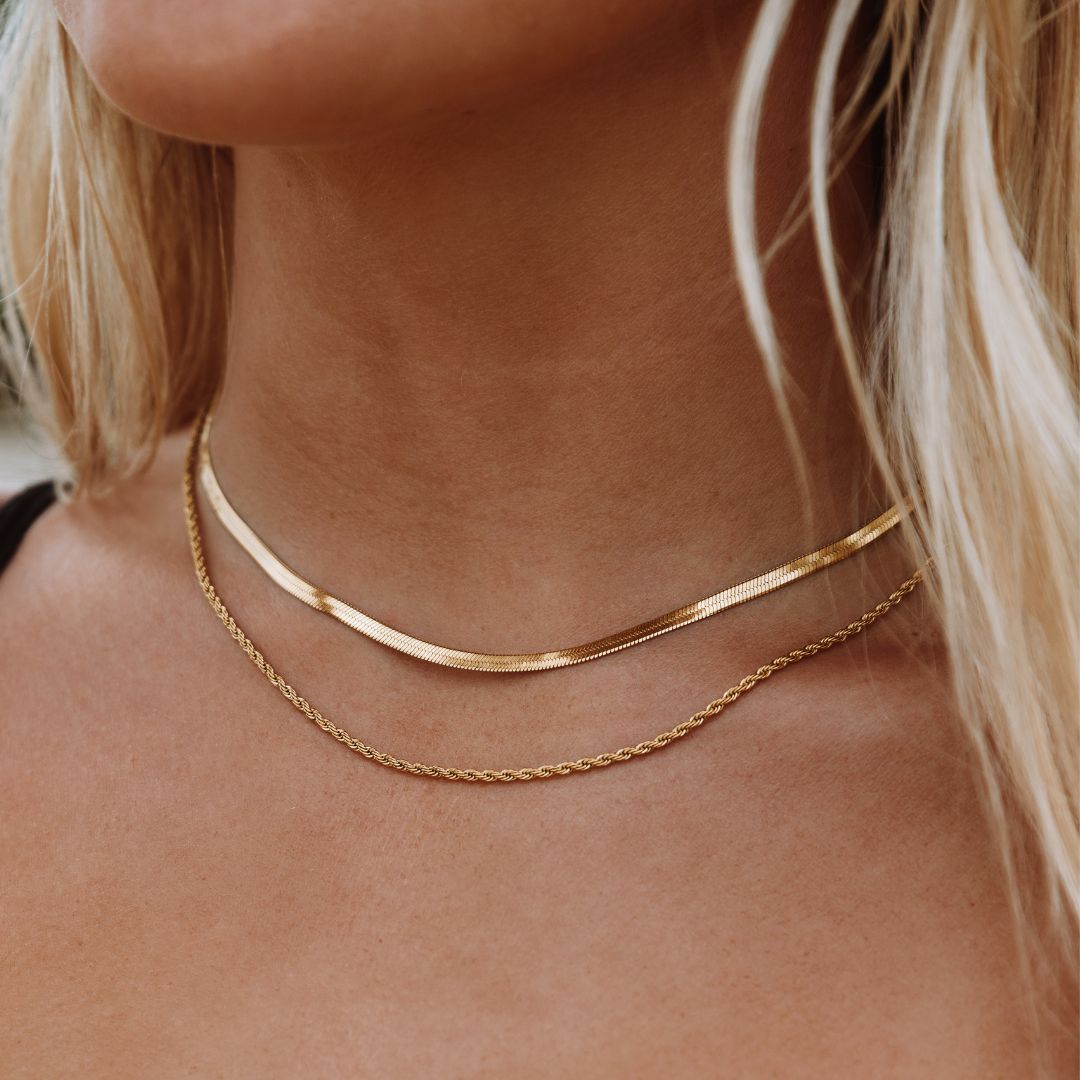



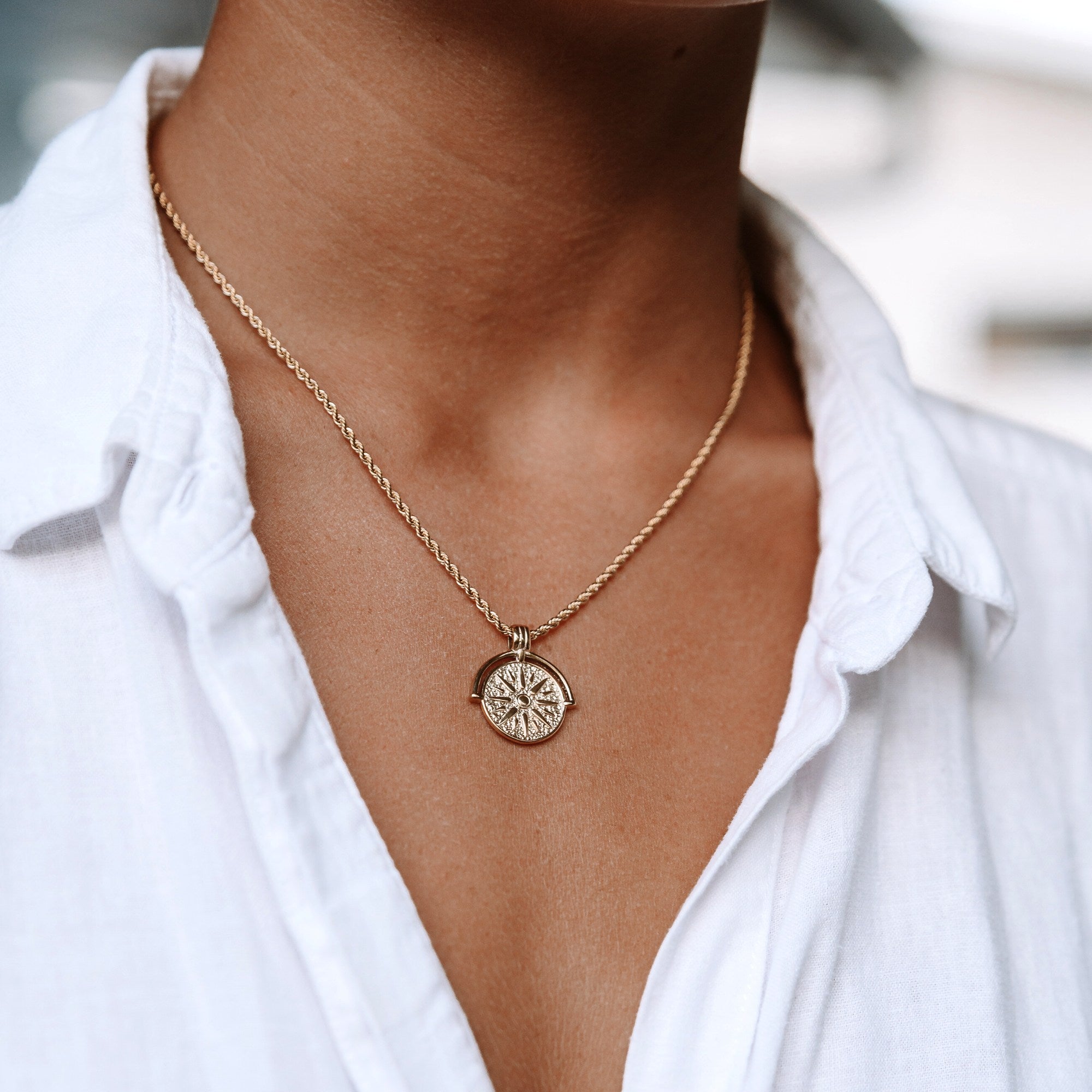

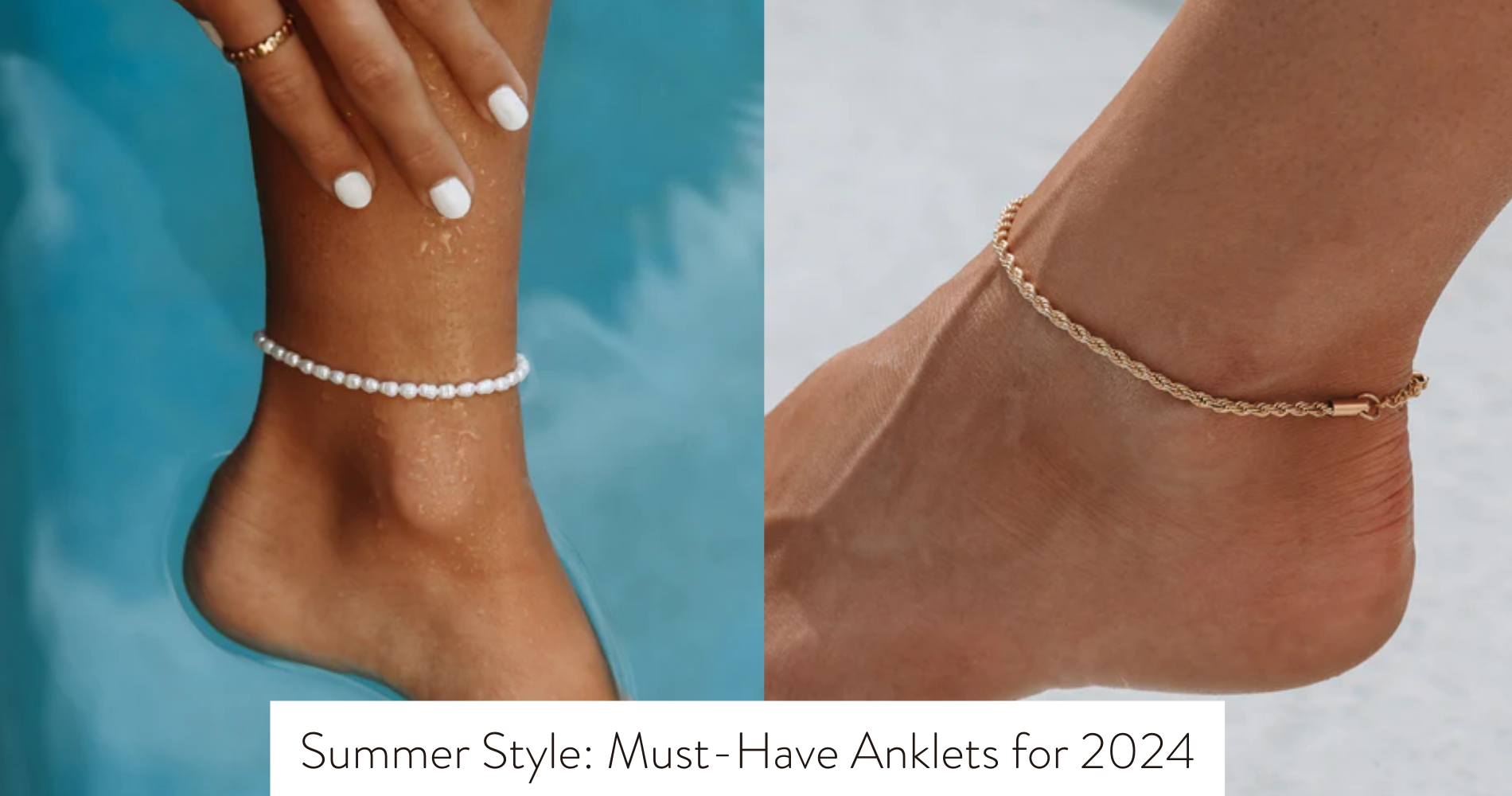
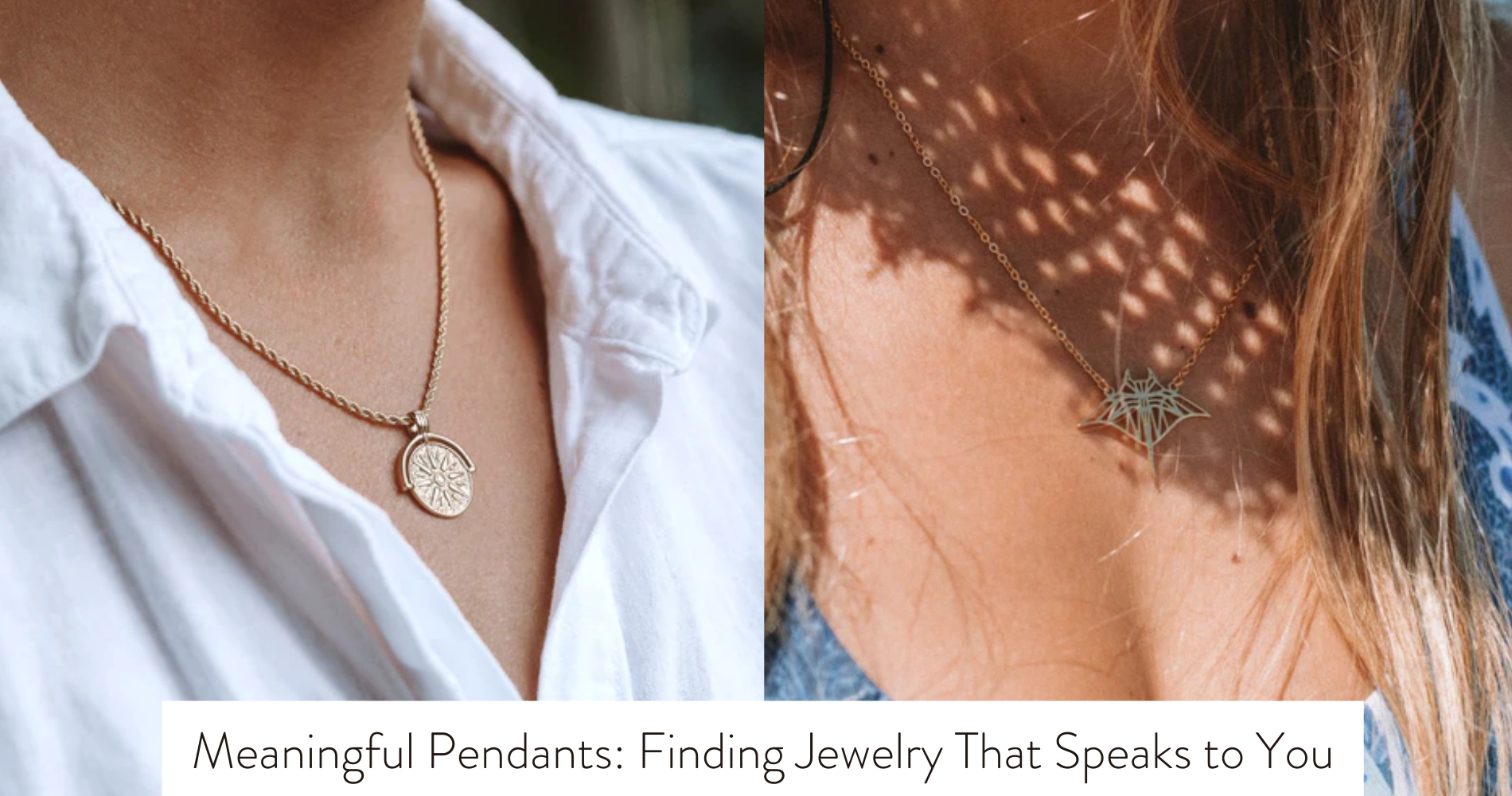




Leave a comment
This site is protected by hCaptcha and the hCaptcha Privacy Policy and Terms of Service apply.